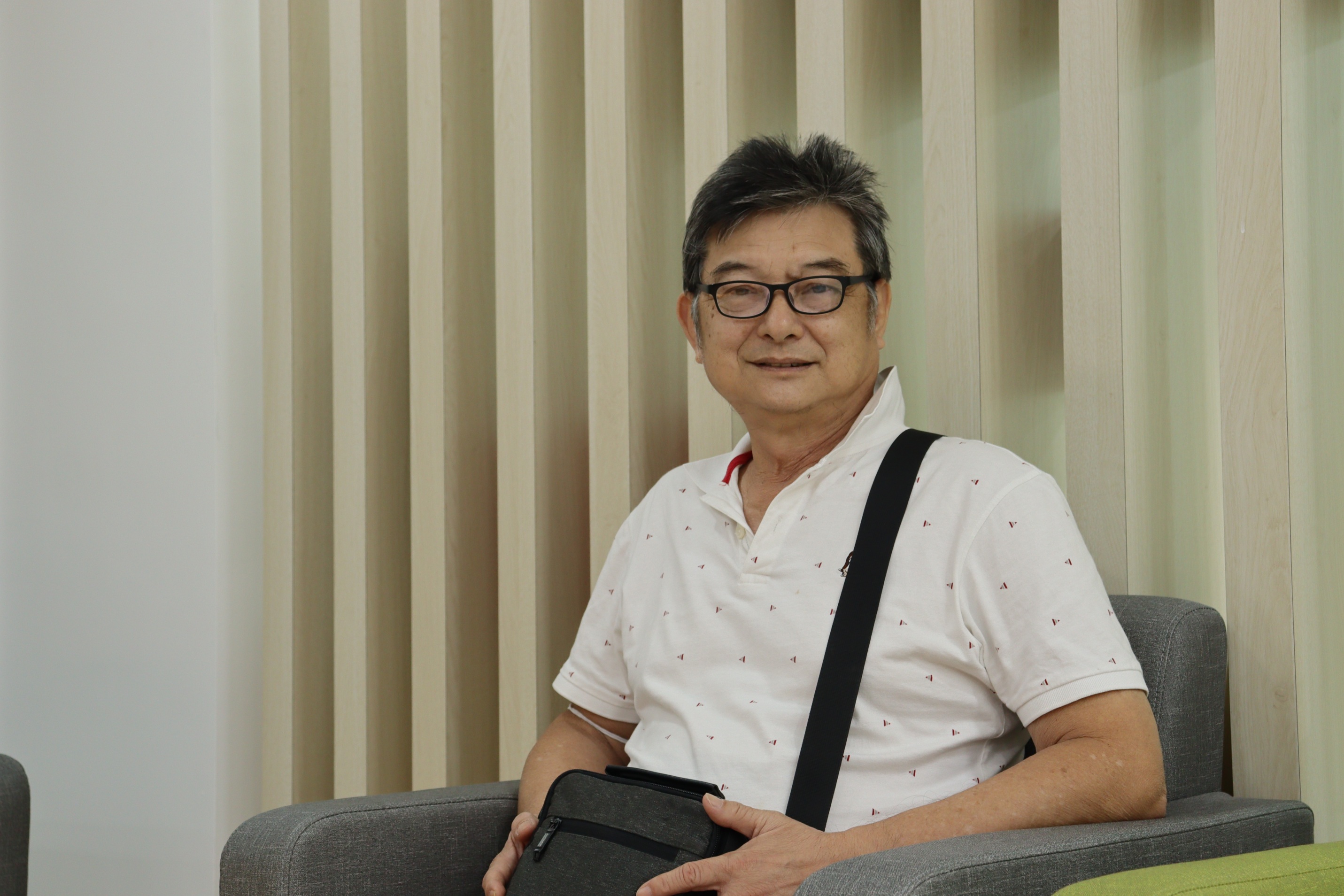
Mr Poh Pai Soon described that his radiation therapy sessions felt like a routine x-ray.
Mr Poh Pai Soon’s health took several downturns after suffering from a heart attack where he was admitted to Subang Jaya Medical Centre (SJMC) for an angiogram and later diagnosed with early-stage prostate cancer. Yet, the 68-year-old remained worry-free and positive throughout his experience.
He was referred to Prof Dato’ Dr Tan Hui Meng, Consultant Urologist and Dr Foo Yoke Ching, Consultant Oncologist, who assured him that his cancer was low risk and had not spread. He was recommended to undergo Stereotactic Body Radiotherapy (SBRT) treatment with the Radixact Tomotherapy X9 with Synchrony.
Radixact X9 Tomotherapy with Synchrony enables precise delivery of SBRT to the tumour by synchronising with the patient’s breathing. This predictive tracking system allows for high-dose radiation while reducing treatment sessions from 5 weeks to just 3 to 5 SBRT sessions, ideal for patients who prefer to non-invasive surgery for tumour removal, especially lung or prostate cancer patients.
“I am still actively running my own business while supporting my daughter, who opened her own restaurant recently. This is the main reason why I chose this treatment as it is significantly shorter in duration and I could return to work as usual after each session compared to conventional treatment that would require daily visits over several weeks,” shared Mr Poh.
Mr Poh described that his radiation therapy sessions felt like a routine x-ray and only underwent 5 radiation therapy sessions compared to conventional methods, which would typically exceed 20 sessions. Each session lasted for about 20 to 25 minutes, and all 5 his sessions were completed within 6 days.
The radiation therapy team had prepared him with a list of potential side effects he might experience, but fortunately for Mr Poh, none of the side effects occurred during his treatment. He was able to go about his daily activities after each session and the only discomfort he experienced was a mild inflammation-like sensation during urination, which quickly subsided.
“I did feel a bit tired after each session and the radiation therapy team would encourage me to take short naps and to rest whenever possible. I avoided spicy and oily foods and adopted a healthy diet. Although my appetite dropped, it was manageable and my daily life remained as normal,” he said.
Mr Poh attests his calmness to his personal belief that people do not die; only our bodies cease to exist while our consciousness remains. This belief has encouraged him to pull through and since, he remains vigilant on his health.
